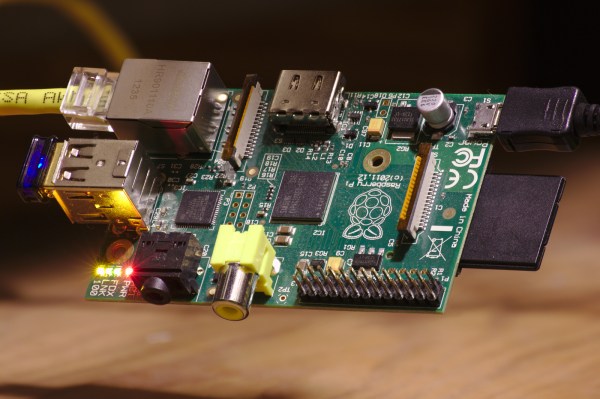Within the last few years, a lot of companies have started with the aim to disrupt the educational electronics industry using their LEGO-compatible sets. Now they’re ubiquitous, and fighting each other for their slice of space in your child’s box of bricks. What’s going on here?
Raison D’Être
The main reason for LEGO-compatibility is familiarity. Parents and children get LEGO. They have used it. They already have a bunch. When it comes to leveling up and learning about electronics, it makes sense to do that by adding on to a thing they already know and understand, and it means they can continue to play with and get more use from their existing sets. The parent choosing between something that’s LEGO-compatible and a completely separate ecosystem like littleBits (or Capsela) sees having to set aside all the LEGO and buy all new plastic parts and learn the new ecosystem, which is a significant re-investment. littleBits eventually caught on and started offering adapter plates, and that fact demonstrates how much demand there is to stick with the studs.
Continue reading “LEGO-compatible Electronics Kits Everywhere!”













